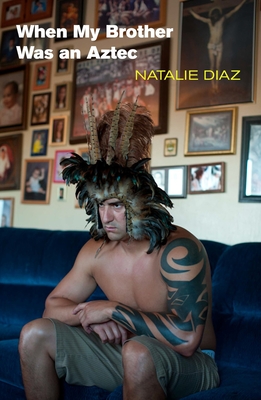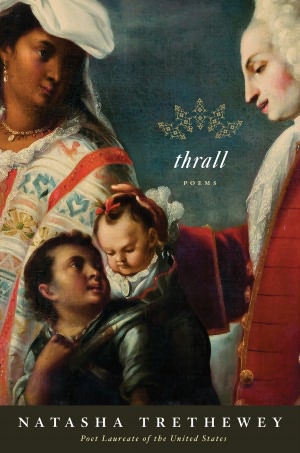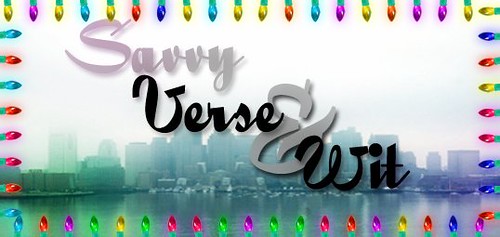I’m sure all of you have either completed or have nearly completed your holiday shopping, but I wanted to recommend a couple of poetry books for the readers on your lists. These books are accessible and could widen the scope of reading of your loved ones and maybe even yourself.
Wild Place by Erica Goss is a stunning chapbook collection that visually renders the wildness within ourselves through a series of images stick with you long after you read the verse. One look at that cover can tell you the kind of raw power Goss uses in her poetry to explore how humanity can impair nature, but she also talks a little bit about history, particularly in her poems about Berlin, and the hardships of emigrating to another country. In my review, I said, “Wild and untamed, the verse sings the beauty in the blame as humanity encroaches on nature, sometimes leading to its destruction and at other times unveiling the beauty beneath the scars.”


I hope that you’ll consider these collections as you do your holiday shopping and have a great holiday, everyone.


 The title of the collection tells readers all they need to know about the topics covered, including the moral, mental, and physical slavery or servitude as well as the complete emotional absorption that can happen in relationships. As Trethewey examines works of art through a lens of racial demarcation, she also looks at daughters’ relationships with their fathers, which can sometimes be congenial and at other times turbulent. In “Knowledge,” she is looking at the dissection of a woman and the men who stand around her as the cut is made into her flesh, and Trethewey’s narrator concludes that her father was not just one type of man, but each of the men in the room — all at once contemplative, scientific, and artistic, even though at times she felt he were just one of those men.
The title of the collection tells readers all they need to know about the topics covered, including the moral, mental, and physical slavery or servitude as well as the complete emotional absorption that can happen in relationships. As Trethewey examines works of art through a lens of racial demarcation, she also looks at daughters’ relationships with their fathers, which can sometimes be congenial and at other times turbulent. In “Knowledge,” she is looking at the dissection of a woman and the men who stand around her as the cut is made into her flesh, and Trethewey’s narrator concludes that her father was not just one type of man, but each of the men in the room — all at once contemplative, scientific, and artistic, even though at times she felt he were just one of those men.




